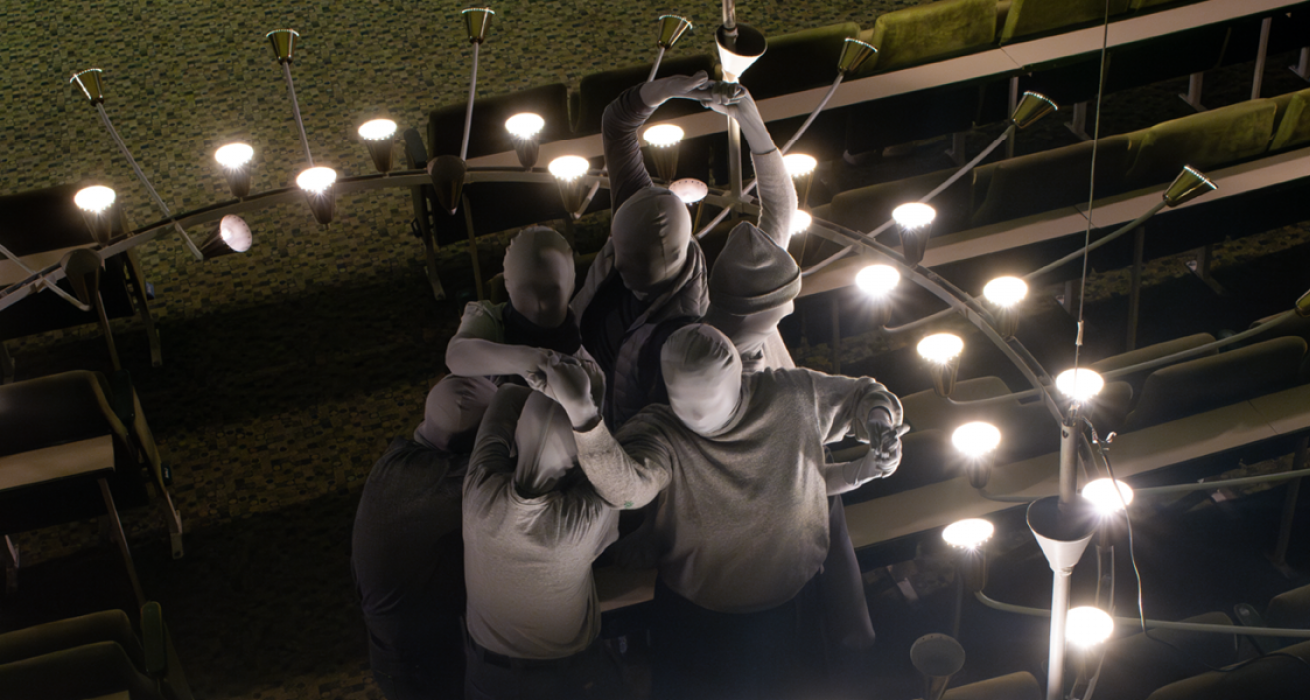Four films explore the traces of history, remembrance, and resistance culture. They provide insights into past challenges, conflicts, revisionist narratives, and collective traumas that continue to have an impact on the present and significantly shape our society today. The films illustrate how collective memory and historical remembrance shape identity formation, social values, and collective self-perception. It is a dynamic process that constantly confronts us with new questions in order to understand the echoes of past events.
In the 1990s, following the collapse of the Eastern Bloc, two friends attempt to start a new life amid the ruins of their former homeland. In doing so, they find themselves caught up in a risky cycle: they transport German cars to Russia to secure their livelihood, gaining momentum as they go. The film tells a story of friendship, courage, and hope for a better future—at a time when borders are gradually blurring and the world is changing.
… >>>
Nominated:
Goldener Hercules
This video work is a series of retrospectives and explorations about the war that the director has developed from her personal perspective - as someone who grew up in a world dominated by electronic media and never experienced the war herself. In the video, the protagonist travels through the last words and remnants of the war to Chongqing and Kassel, two cities 7,900 kilometers apart, where she lived the longest.
… >>>
Premiere:
World Premiere
Nominated:
Goldener Hercules
Through three chapters, the film explores the contested memory of Japan's "comfort women" —
Korean women who were subjected to systematic sexual violence during World War II. Today,
monuments honoring the victims are under threat of removal. What happens when history is
rewritten to appease those in power? How does this shape our view of both the past and the
future? A striking examination of power, historical revisionism, and the struggle to preserve
collective memory.
… >>>
Premiere:
German Premiere
Nominated:
Goldener Hercules
- Director: Armin Mell, Samaré Gozal
What happens when humanity fails to learn from its mistakes? Fairytale images, symbols, and transformations speak to show the past as a living resonance chamber. “Once upon a time” becomes a touchstone for the present. Fairy tales with motifs of loss, transformation, and rescue form a cultural echo that extends beyond childhood. At the center is a dialog with photographer Gerty Deutsch. Based on her images, Catrine Val developed a new, cinematic-poetic language in which singing becomes the ultimate form of expression—where words no longer suffice.
… >>>
Premiere:
World Premiere
Nominated:
Goldener Hercules
